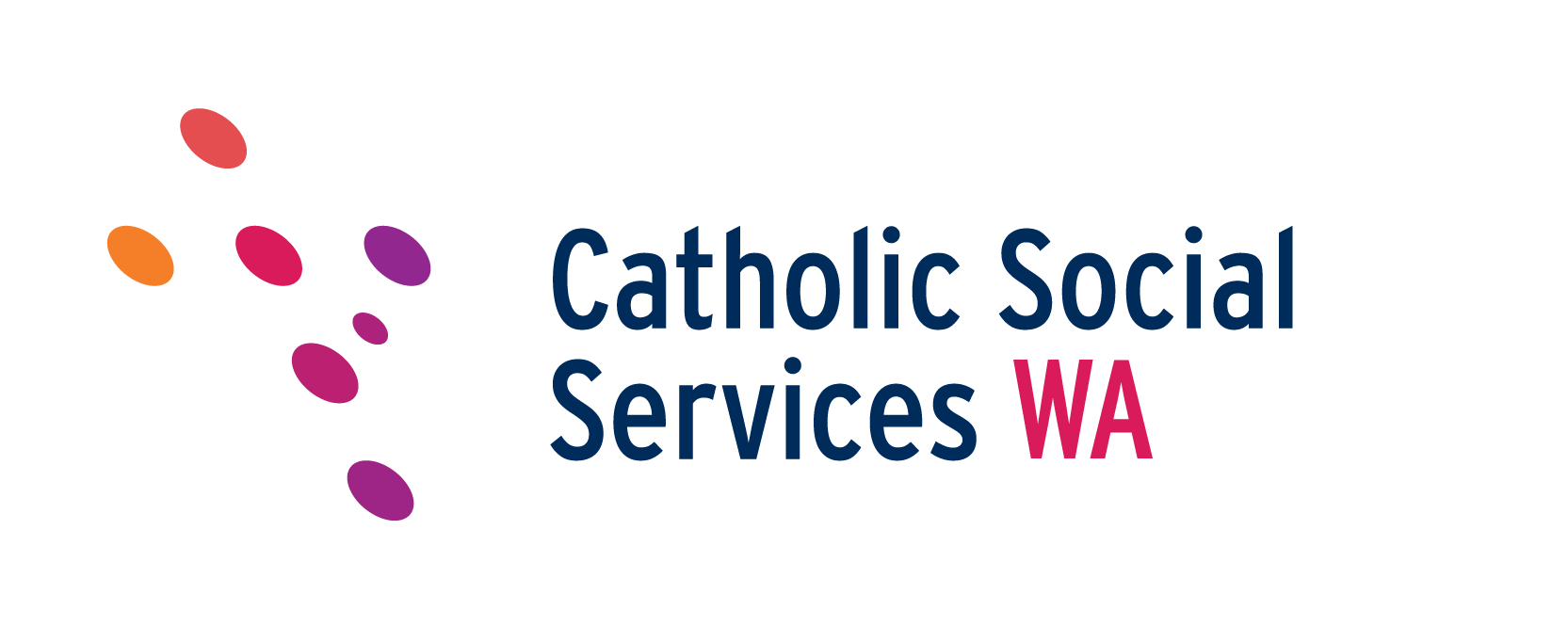- Catholic Social Services WA
- +61 8 9220 5950
- csswa@perthcatholic.org.au
NDIS promises to clear application backlog and defends opposition to sex therapy ruling

Exclusive: National Disability Insurance Agency acting CEO Vicki Rundle says Stuart Robert’s intervention only ‘temporary’
The enormous backlog of National Disability Insurance Scheme applications that forced the Morrison government to adopt interim plans for children will be cleared by the end of the year, the agency has said.
Disability advocates welcomed an intervention from the new minister, Stuart Robert, in June to offer standardised $10,000 plans for children who would otherwise be waiting longer than 50 days but warned the measure should only be a stop-gap.
Vicki Rundle, the National Disability Insurance Agency acting chief executive, told Guardian Australia the plan was only “temporary” and the scheme should be running as normal with specialised plans for participants “no later” than year’s end.
“We know that by the end of December, we should … have that interim measure well and truly completed,” she said. “But we’ll have a lot of the backlog improved by the end of September, or early October … Now we’ll have to watch and see how we go but that’s the intention.”
Waiting times have been among the biggest gripes people have about the scheme, which now covers 300,000 participants, including more than 11,000 children aged 0 to six. The average delay has been more than 100 days.
In an interview, Rundle also defended the agency’s decision to refuse to fund sex worker services for people with disabilities, which the government has said would not meet “community expectations”.
The agency has been criticised by disability advocates for appealing to the federal court after the administrative appeals tribunal ruled a woman in her 40s was entitled to NDIS funding for sex therapy.
“We’ve been really clear that we don’t fund sexual worker and sexual support services in the way that I believe the community understands it at least,” Rundle said.
“We do provide support for our participants in a more general sense to support them with the way that they live and their lifestyle, but we don’t fund that.”
She suggested that the scheme would fund support workers to help people access sex worker services, but not the services themselves.
“If I could use an analogy, and maybe it’s a poor one… we’ll fund a person to help take a support worker to take them to the movies, but we won’t fund their movie tickets,” Rundle said.
Asked if the government had influenced the agency’s decision, Rundle said: “No, that’s an agency position. That’s a position we should take and have taken, not the government.”
Rundle made the comments in the same week the agency released new data that included what it called one of Australia’s largest-ever surveys of people with disability, their families and carers.
Among parents, 91% said the scheme had helped their young child develop, while 80% said their children could now “tell them what they want”.
The survey also found an increase in employment hours among parents and carers of children on the scheme.
Satisfaction among older participants appeared to be more mixed. There were 70% of people adults 25 and older who said the scheme helped them have more choice and control in their lives. Similarly, 38% of those between 15-24 had taken part in community activities, up from 31 when they entered the scheme.
But while 71% of those 25 and older said the scheme had helped them with daily activities, only about one in three noticed a difference in the home, dropping to 20% for work.
And for participants aged 15-24, less than half (42%) said the scheme had improved their health and wellbeing.
Sarah Johnson, the scheme’s actuary, said some indicators would take longer to improve than others and that the scheme had less influence over a person’s health and wellbeing, compared to their daily activities or sense of choice and control.
Increasing attention has also been paid to potential inequities within the scheme, following research from University of NSW’s Centre for Social Impact.
Asked about the fact that only 37% of participants are women, Johnson said the discrepancy was due to the main disabilities in the scheme.
“The main disabilities that we have in the scheme are autism, and developmental delay, and the ratio of males to females in those particular disabilities [are] about three-and-a-half to one,” she said.
Rundle also said the way the scheme had been phased was responsible for low numbers of Indigenous participants, noting that parts of WA, north Queensland and the NT had entered the scheme more recently.
The release of the NDIS data followed repeated calls from experts, who say it is vital to enable research of the scheme and disabilities.
Some researchers this week said data released by the agency was insufficient because it mostly presented the findings through aggregated reports, rather than data that could be analysed.
This article first appeared in https://www.theguardian.com/australia-news/2019/aug/03/ndis-promises-to-clear-application-backlog-and-defends-opposition-to-sex-therapy-ruling
Sat 3 Aug 2019 10.00 AEST
